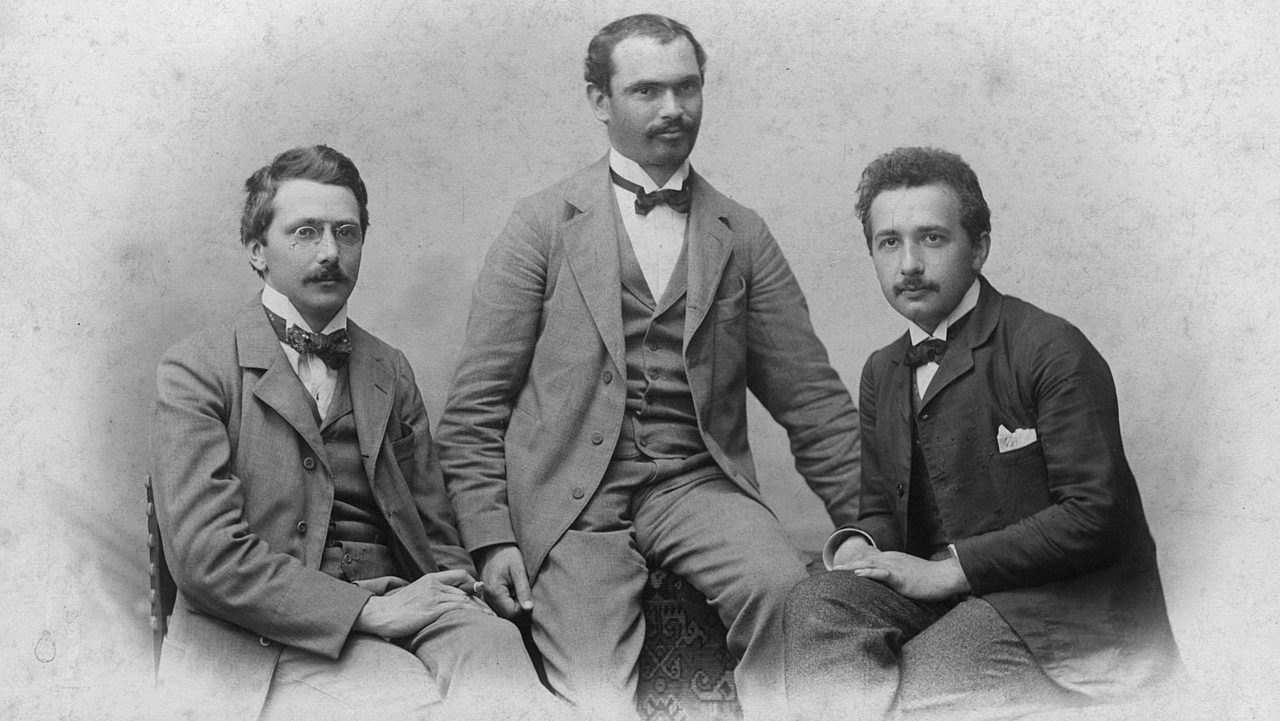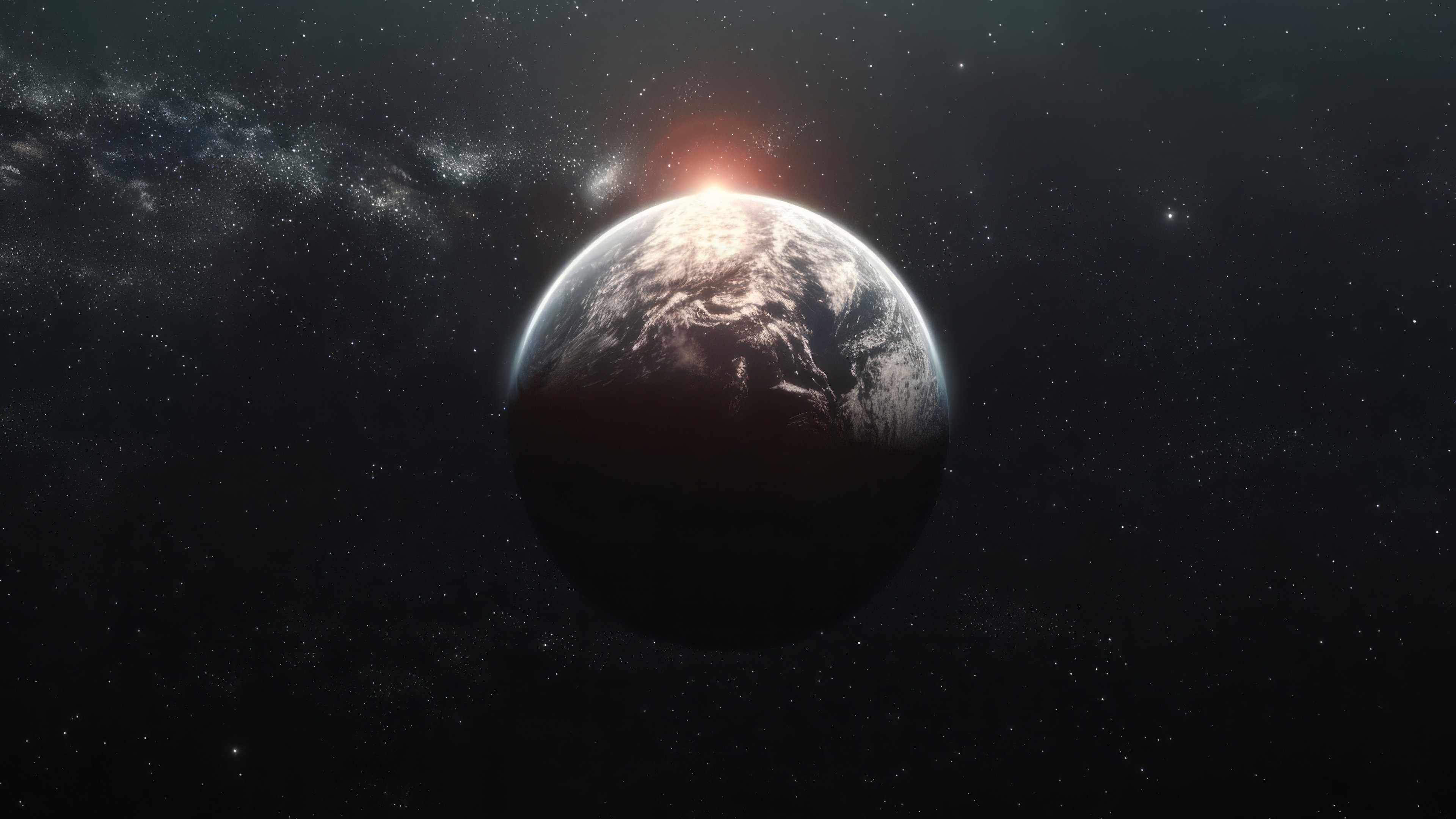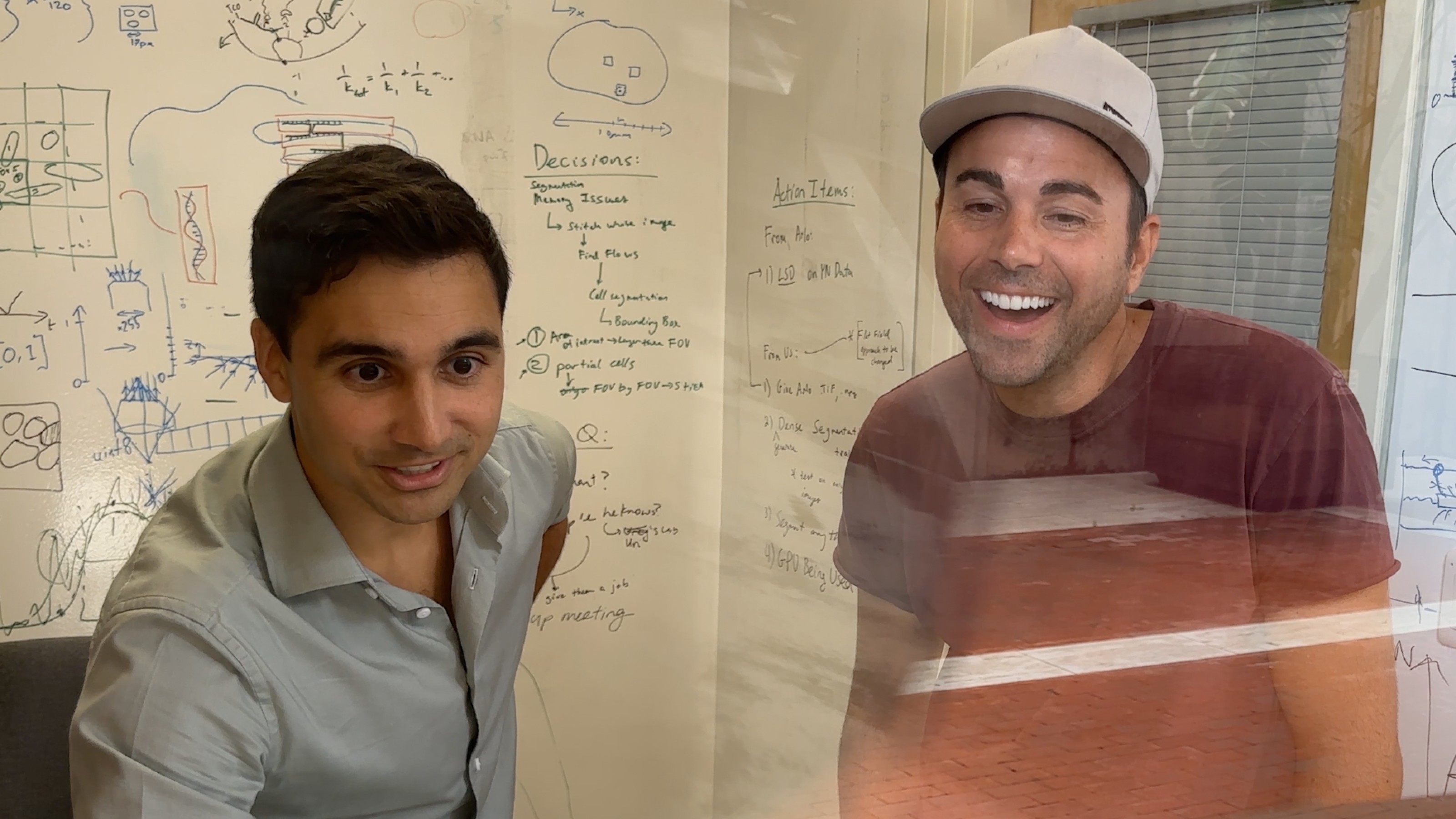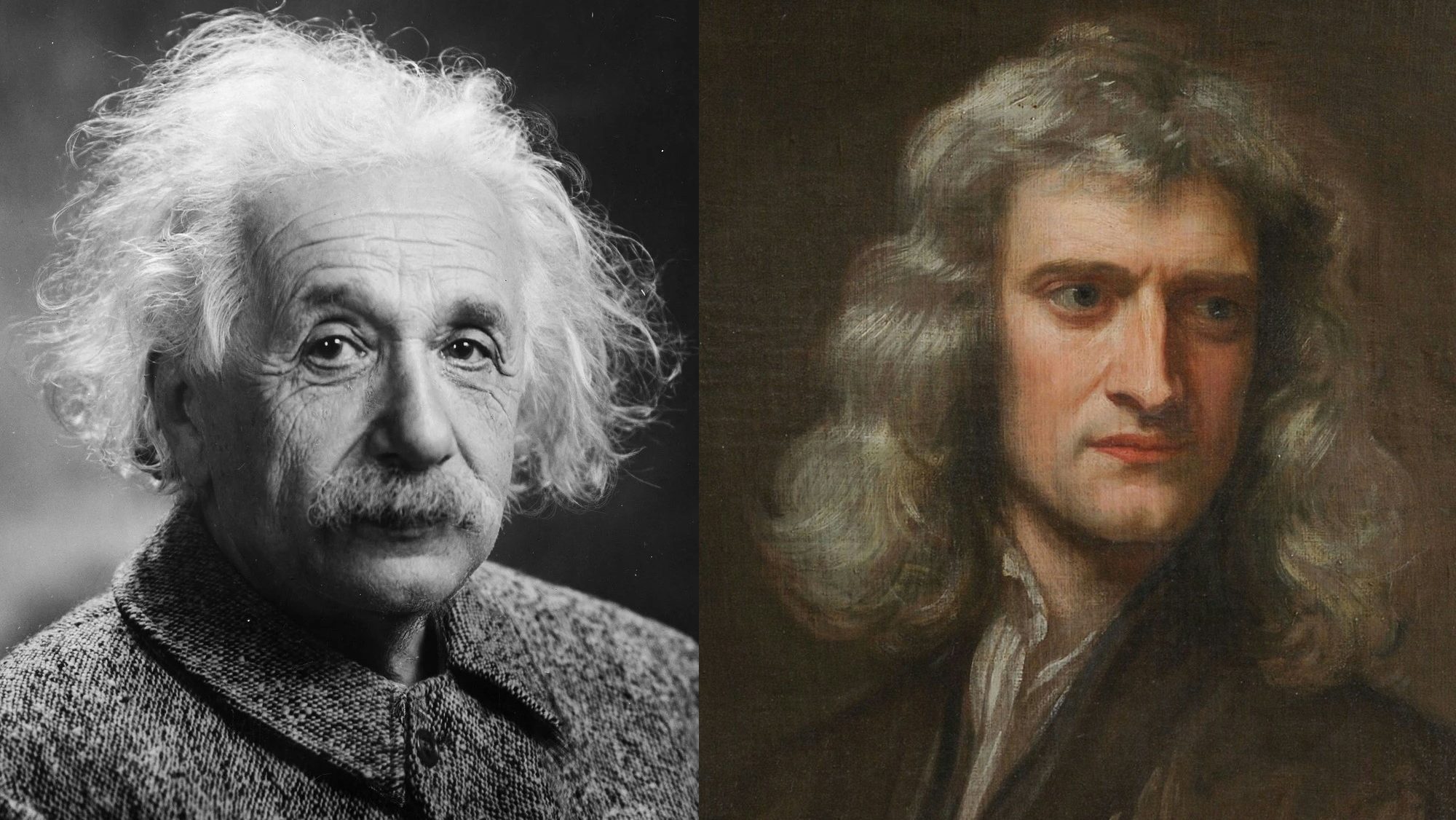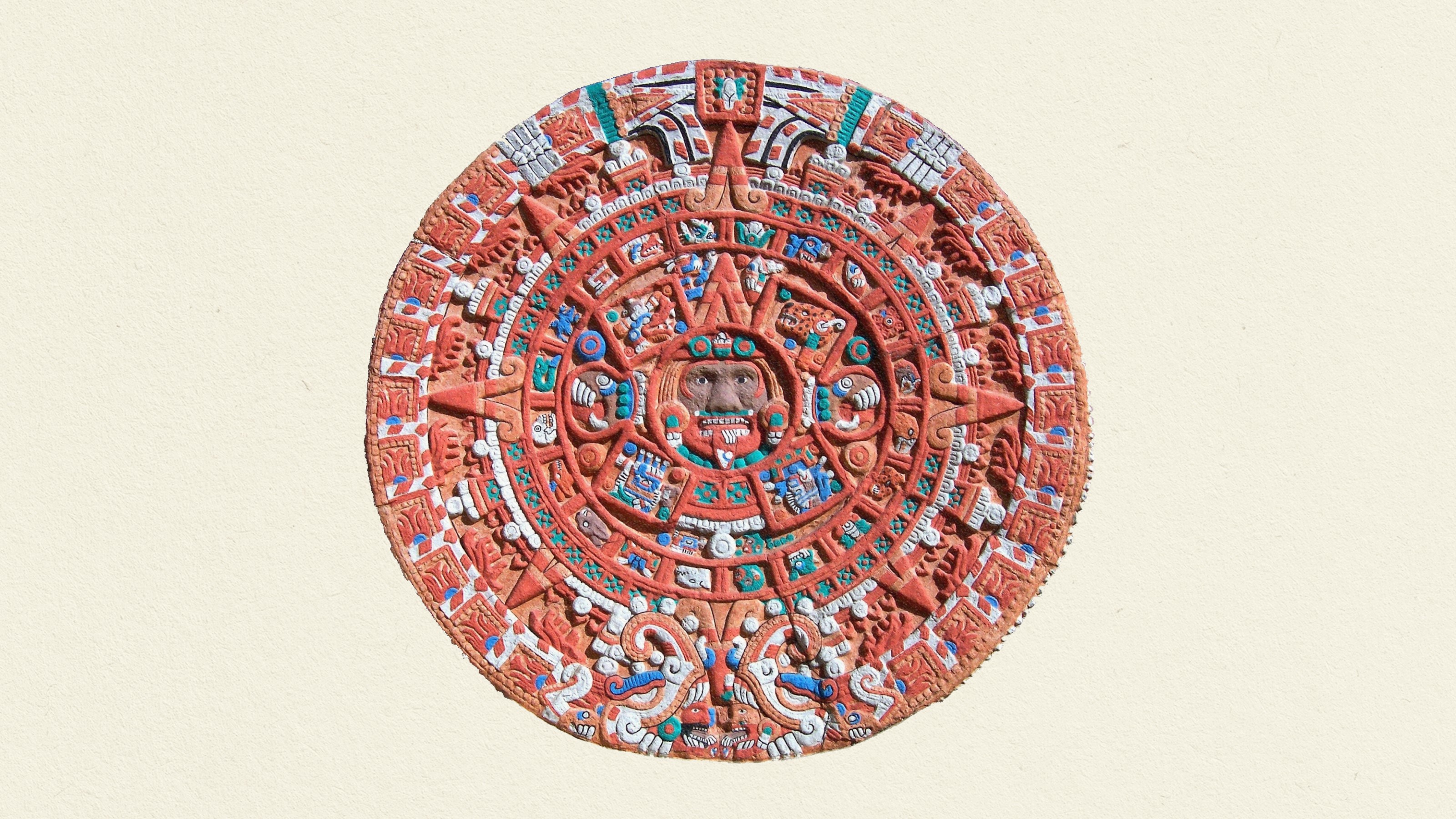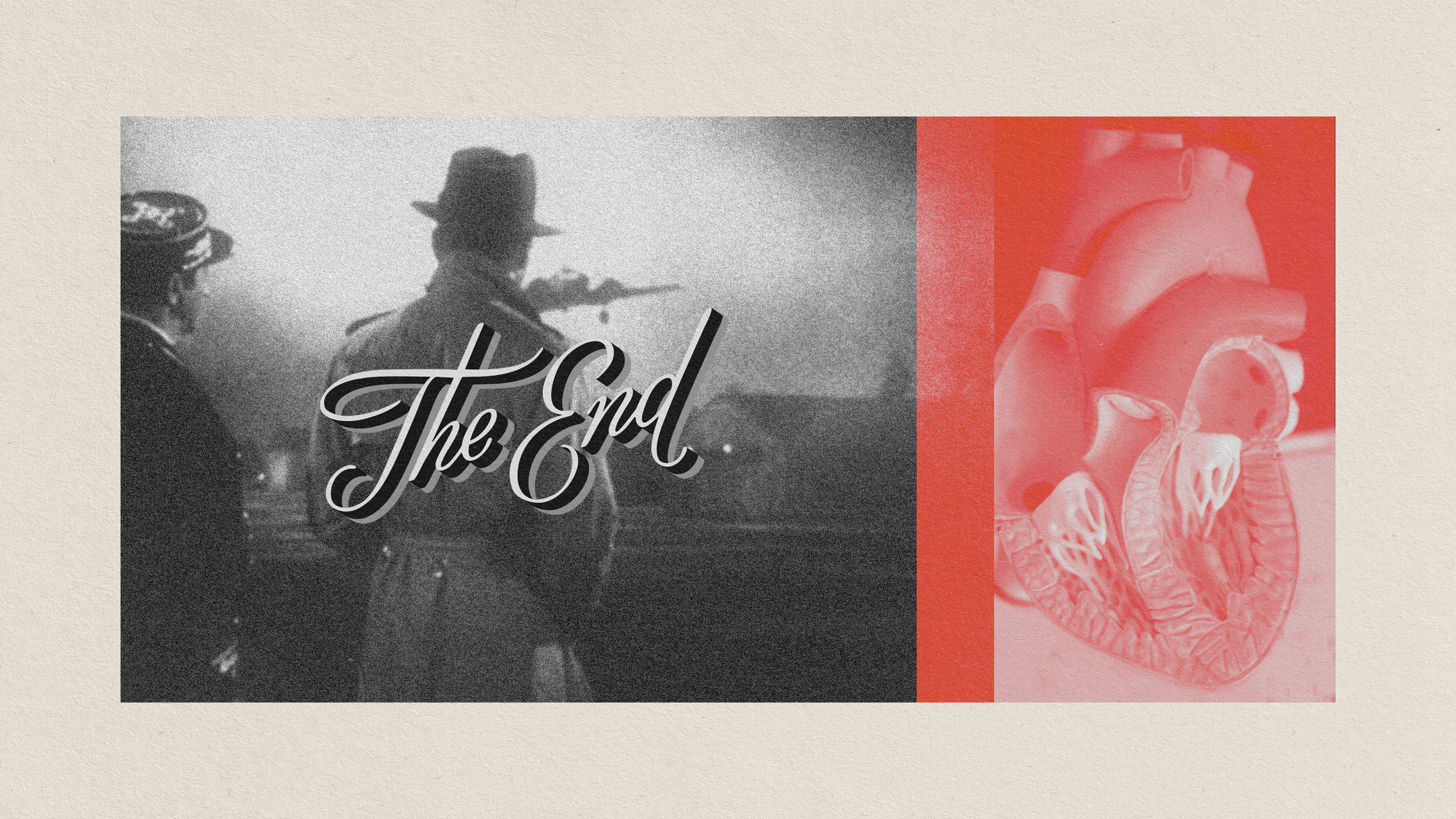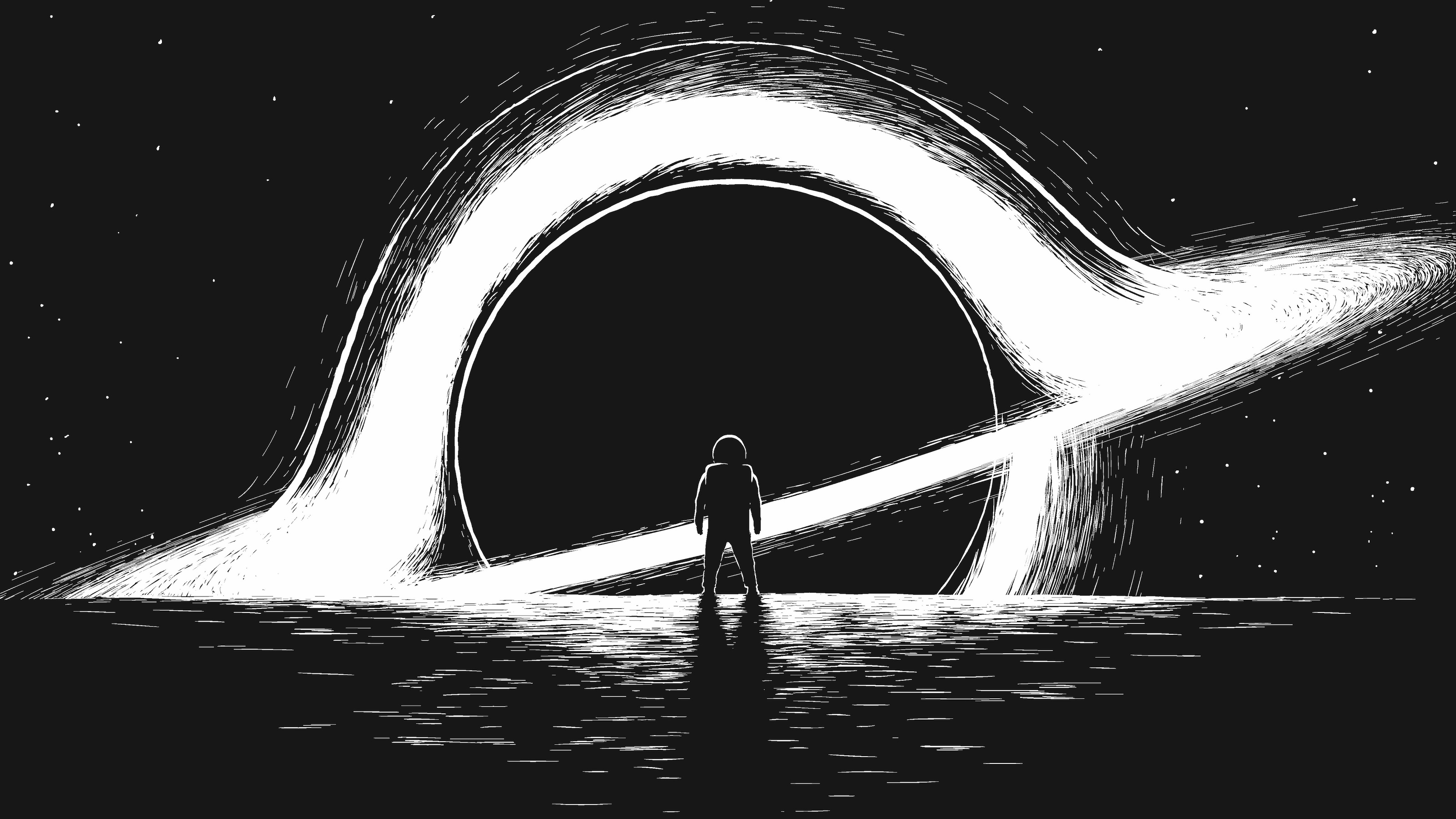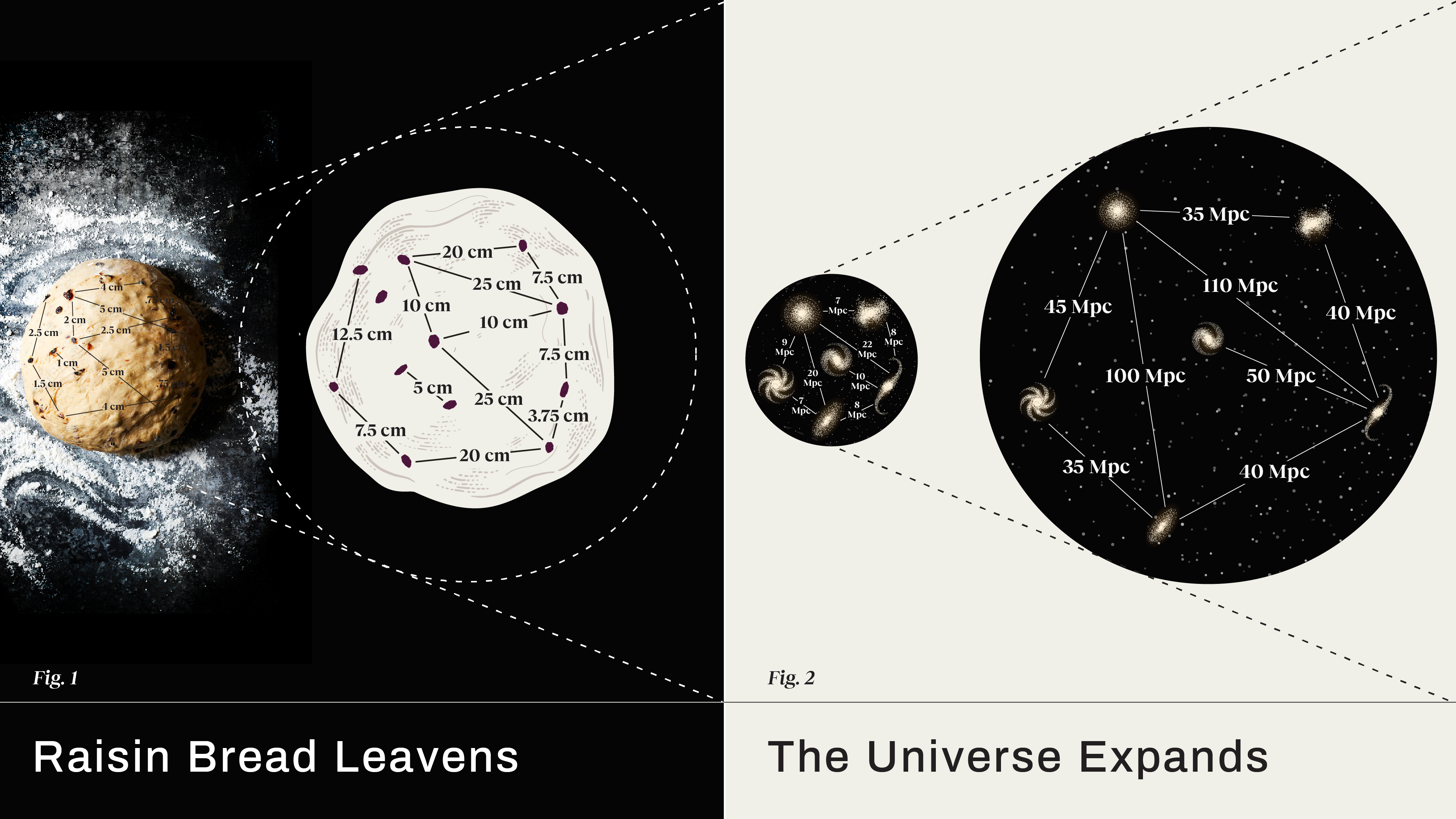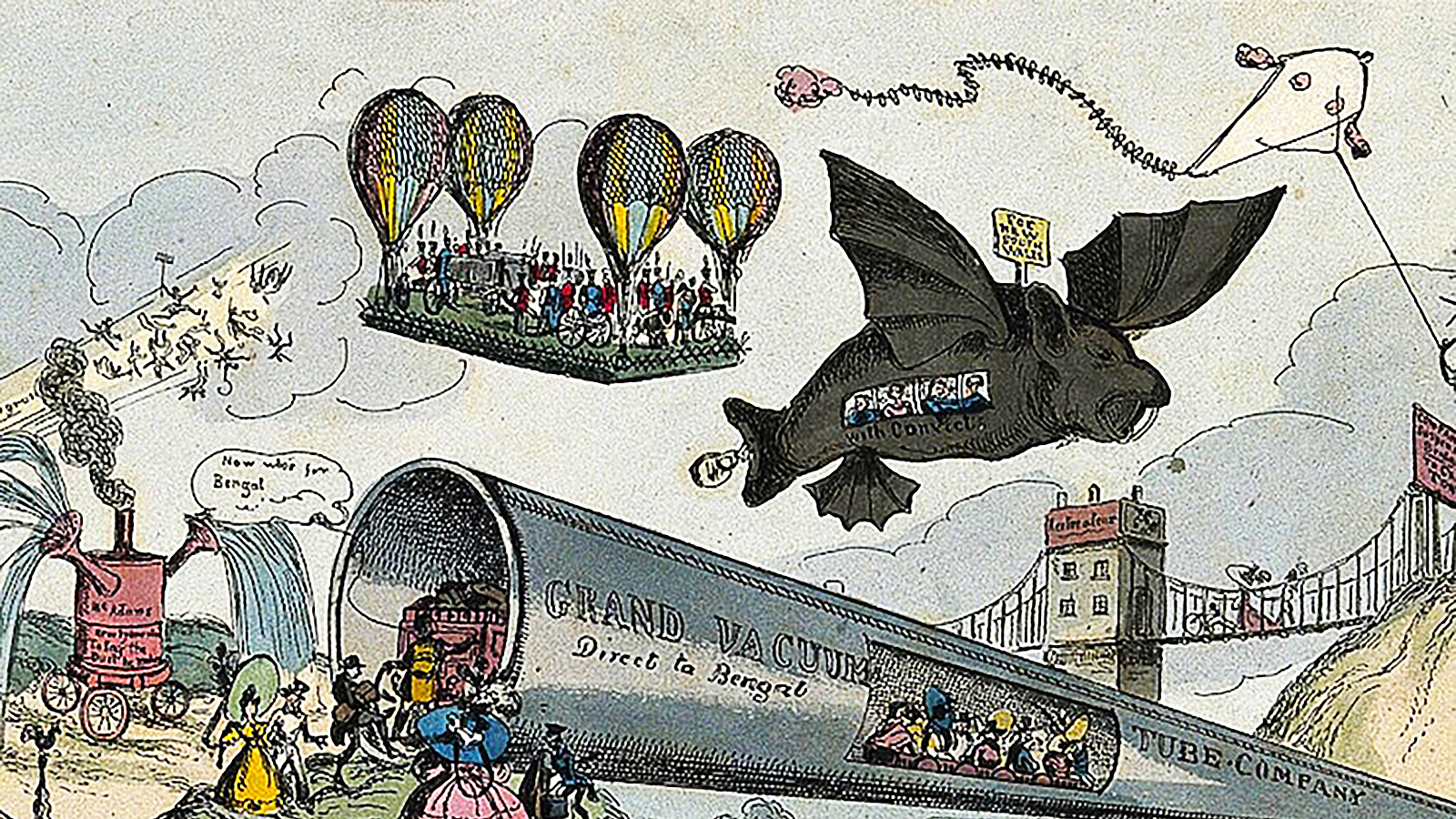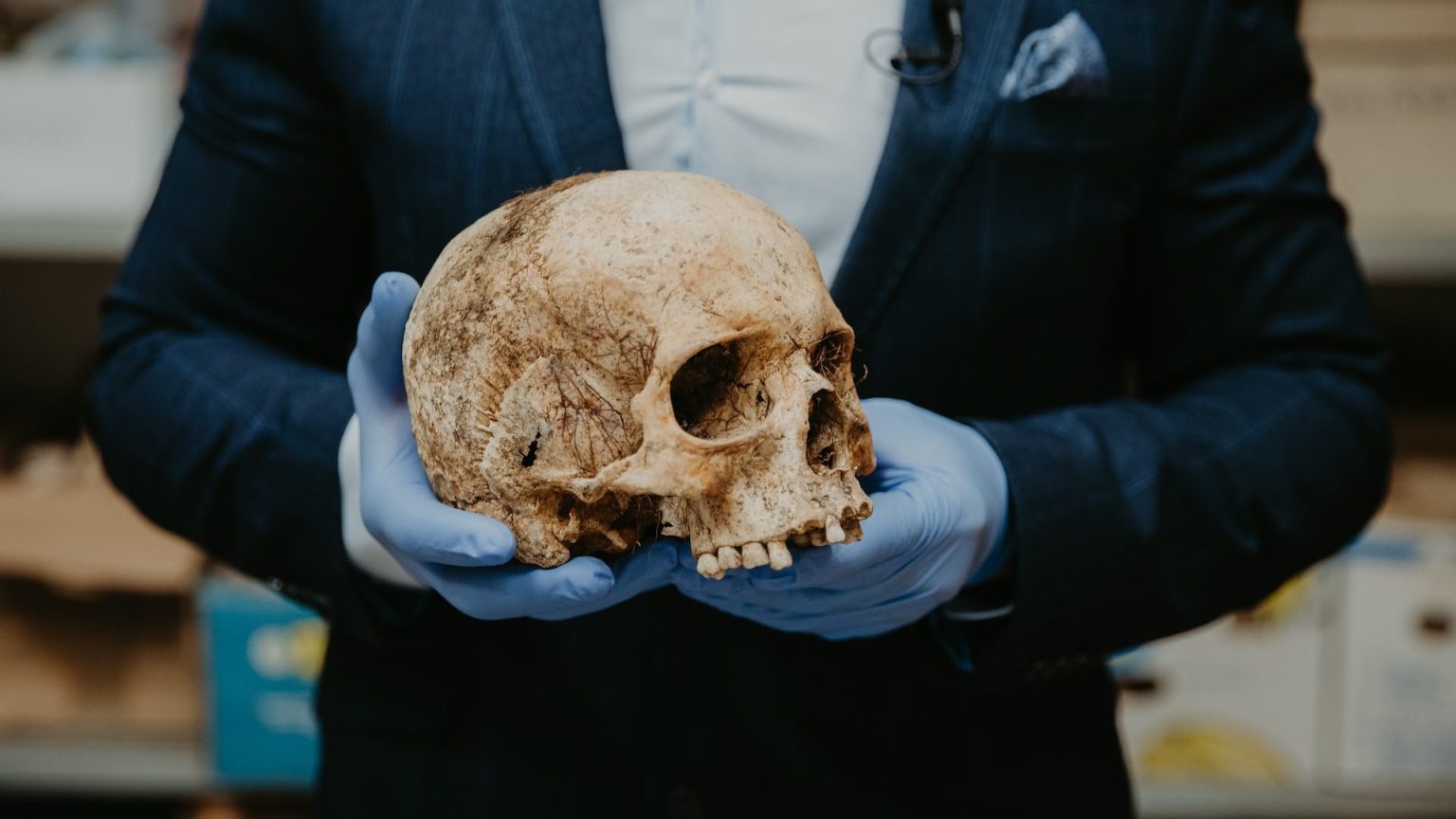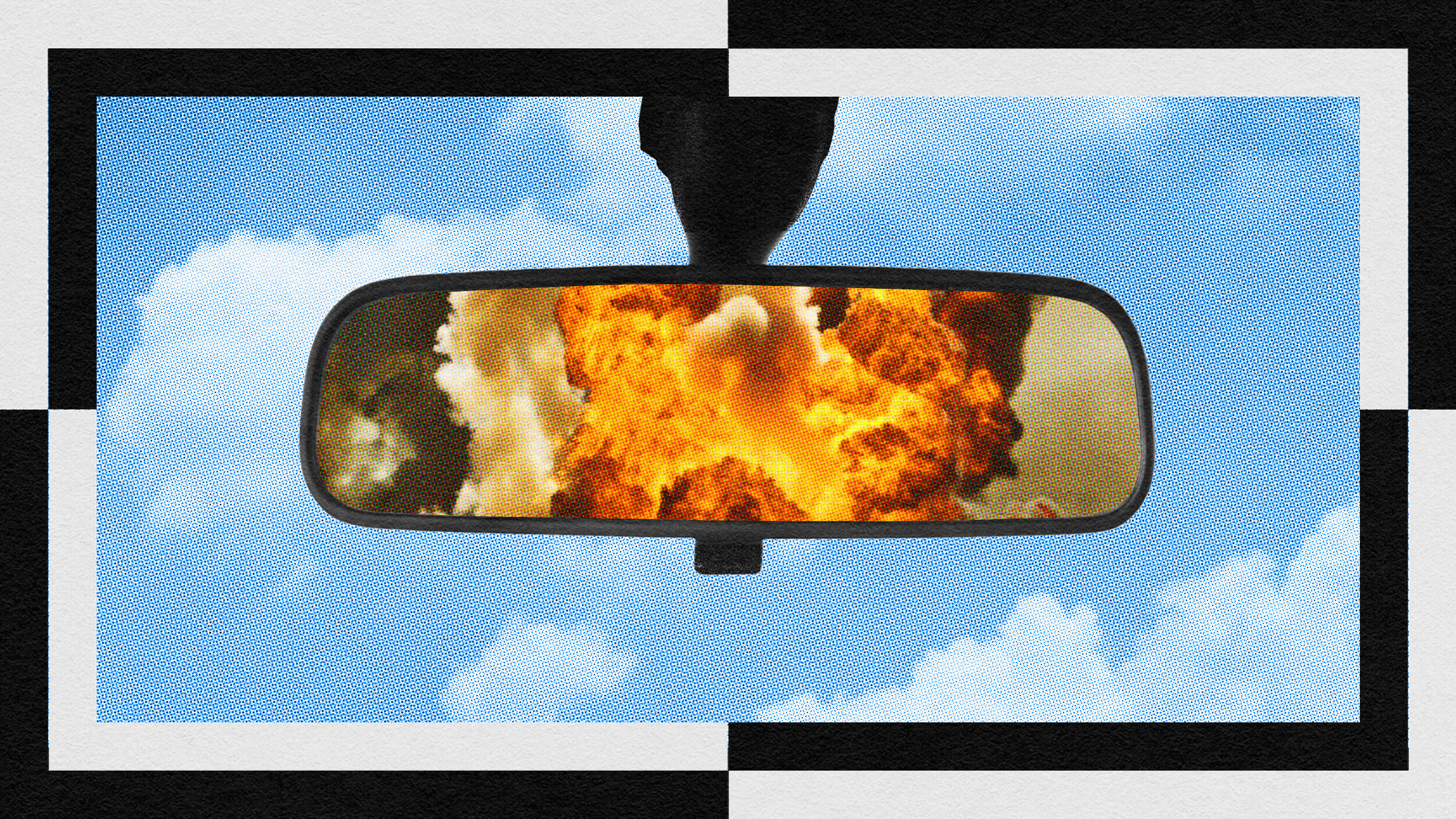Many mavericks look to Einstein as a unique figure, whose lone genius revolutionized the Universe. The big problem? It isn’t true.
Search Results
You searched for: Imagin today
An interview with Lisa Kaltenegger, the founding director of the Carl Sagan Institute, about the modern quest to answer an age-old question: “Are we alone in the cosmos?”
Stoicism is popular today but often misunderstood and misapplied. In fact, a naive interpretation of Stoicism is damaging to your well-being.
It’s not just fun: DNA origami has the potential to revolutionize engineering at the nanoscopic scale.
In all the Universe, only a few particles are eternally stable. The photon, the quantum of light, has an infinite lifetime. Or does it?
Scientists are working to map out the risks of the permafrost thaw, which could expose millions of people to the invisible cancer-causing gas.
It’s literally the one and only trick that separates top-notch physicists from crackpots, dropouts, and those who can’t cut the mustard.
If you think of the Big Bang as an explosion, we can trace it back to a single point-of-origin. But what if it happened everywhere at once?
The answer may lie in the power to see far, far beyond yourself.
Josh Kaufman — best-selling author of entrepreneurial classic “The Personal MBA” — explores an essential truth about all decision-making.
How can “you” move on when the old “you” is gone?
A philosophy of birth can offset the prevailing narrative around extinction and mortality.
That scary swirling void from which nothing can escape is our perfect universal translation tool.
“We can build AI scientists that are better than we are… these systems can be superhuman,” says the FutureHouse co-founder.
While we’re busy wondering whether machines will ever become conscious, we rarely stop to ask: What happens to us?
Mark Weinstein outlines a new path for social media that protects, respects, and empowers the regular users.
Nobody knows where the word “penguin” comes from.
The first tests of optical communications far from Earth will take place aboard the asteroid-bound Psyche spacecraft
Ancient currents seemed to move in concert with a 2.4 million-year dance between the Red Planet and Earth.
We will become billions of people who share a single vast intellect.
The biggest lingering question about GPT-4 isn’t if it’s going to destroy jobs or take over the world. Instead, it is this: Do we trust AI programmers to tell society what is true?
The evidence that the Universe is expanding is overwhelming. But how? By stretching the existing space, or by creating new space itself?
The acceptance of death is deeply embedded in our culture; it’s time to overthrow that idea.
Jules Verne wrote about gasoline-powered vehicles, weapons of mass destruction, and global warming more than a century ago.
His crime was so great, he was not only sentenced to death but his name was to be erased from memory.
We got lucky with our evolutionary history.
A physicist, a psychologist, and a philosopher walk into a bar and discuss a framework for thinking better in the 21st century.
Four startup founders explain how to derive lessons from the past while still looking ahead to what’s possible.
